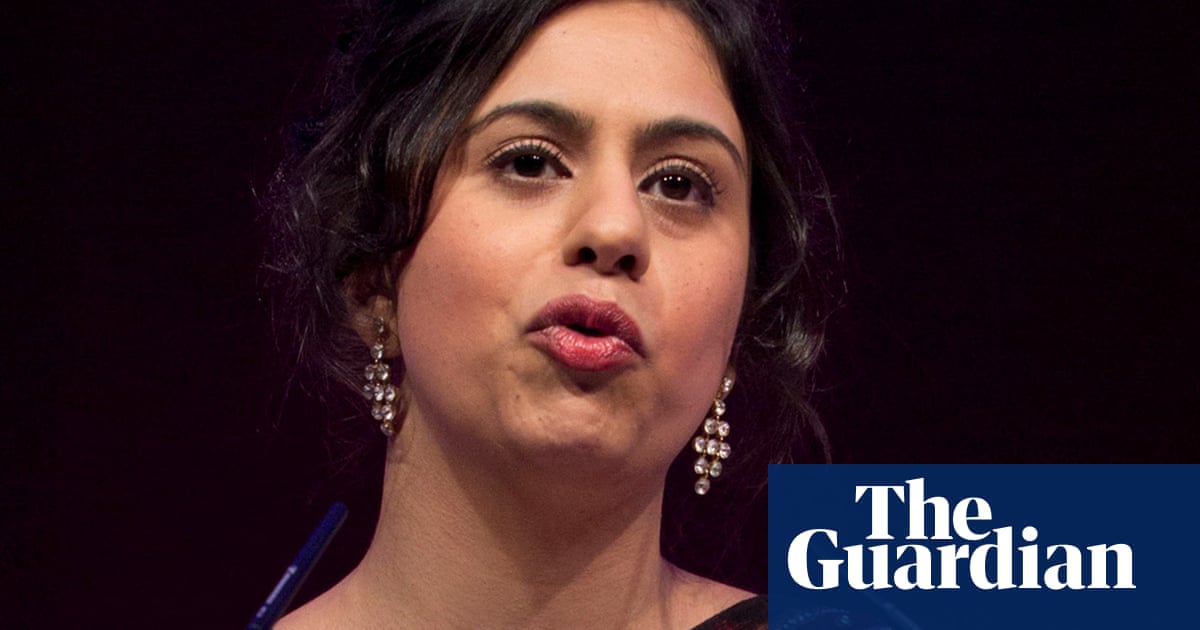
The Church of England has been accused of stifling dissent on crucial issues – including debates on racial justice, sexuality and gender – with warnings its elected assembly is in danger of becoming a “rubber-stamping body”.
The General Synod – the church’s parliament, with more than 450 members elected from clergy, lay members and bishops – is meeting online this weekend to address key issues on the future direction of the Church of England.
But most sessions that have potential for controversy have been scheduled as presentations, with limited opportunities to ask questions, rather than vigorous debates with members’ contributions.
Jayne Ozanne, a lay member of the synod who is a prominent campaigner for equality in the church, said the synod was being “heavily managed in a way that stifles both dissent and debate”.
Since the present synod was elected in 2016, “we have had an increasing move towards presentations, which take up valuable time and leave only minimal time for a few questions afterwards,” she said.
During the pandemic, the synod has met online, which according to some members has accelerated the move towards presentations rather than debates.
Ozanne said: “If the Church of England wants to encourage people from more diverse backgrounds to stand for election, then it needs to show that it has a governance mechanism that is taken seriously rather than just a rubber-stamping body.”
The Revd Canon Rosie Harper said the current session of the legislative body was “very presentation rich”.
She added: “Questions are sometimes allowed but with a pitifully short time allocation. The presentations demonstrate that all the important decisions have already been taken. There is no scope for deep questions.”
Too much time was spent on internal “nuts and bolts” issues, she added. “We are showing that we are a self-obsessed inward-looking church.”
Another synod member, who asked not to be named, said: “There’s too much control from the centre. They don’t want any pushback on difficult issues.”
Tim Hind, a lay member, said he was concerned that the absence of a debate on Living in Love and Faith (LLF) – the C of E’s umbrella term for same-sex marriage, sexuality and gender – was an attempt to kick the controversial issue down the road.
“For the credibility of our church we do need to make sure that LLF, which has no clear endgame, doesn’t drag on for too long. But we must also allow the whole church to come to a common mind for maximum mutual flourishing on this issue,” he said.
Canon Robert Hammond, chair of the synod’s business committee, said the agenda was by an elected committee.
He added: “We did have some tough choices to make after the government postponed the easing of [Covid] restrictions, and we had to move from an in-person synod to an online one. … Some items, like the LLF group work, were not included in the online agenda as it was felt it’s important for them to be discussed face to face.”
The synod had met more frequently online during the pandemic which meant “more opportunity to engage with some matters, rather than less”.
On Saturday, the synod heard that the Covid pandemic has had a significant impact on parish and diocese income over the past 16 months. In the first six months of this year, almost a quarter of dioceses saw a fall of more than 10% on 2020, a year in which there had also been a serious decline in income.
More than 2,000 jobs in cathedrals across the country had been lost since the start of the pandemic, said John Spence, chair of the C of E’s finance committee.










